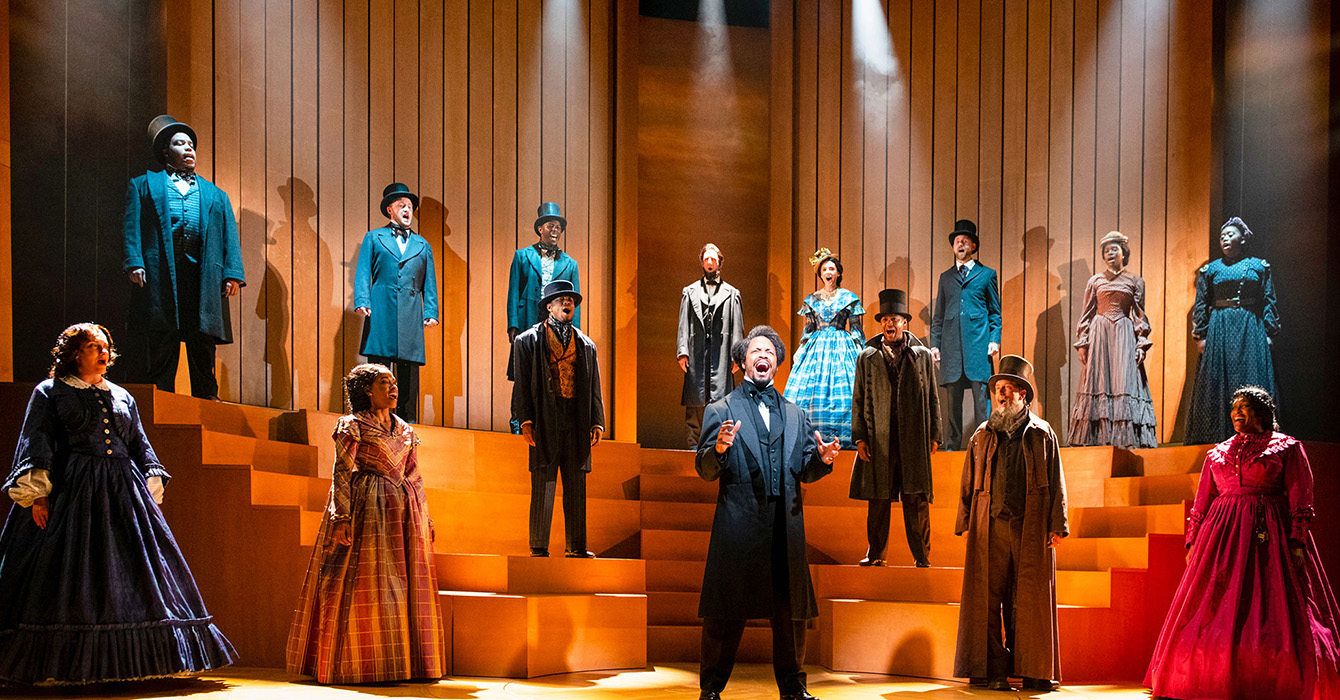Nihilists can teach about Scripture in spectacular ways.
I was reminded of this recently while listening to a lecture by Greil Marcus, who writes about American folk culture. Marcus was at Duke giving a series of talks about the history and significance of the folk song. He spoke for an hour and half about one short verse from an old song I’d never heard, recorded for the first time in 1924 by Bascom Lamar Lunsford. Obscure, to say the least:
I wish I was a mole in the ground.
Yes, I wish I was a mole in the ground.
If I’s a mole in the ground,
I’d root this mountain down.
And I wish I was mole in the ground.
Marcus considers this one of the more significant lines in 20th century folk music. He described it as the song that inspired the work of Bob Dylan and The Band, a song Woody Guthrie anthologized, a song with 80 years worth of re-recordings and adaptations.
I didn’t get it at first. The tune seemed indistinguishable from every other old bluegrass song I’d heard, except for the fact that the verses had next to no relation to each other.
Then Marcus began to unpack the song. He believes the song portrays a world devoid of God, a world reduced to relations of power where every “I” is left to determine and achieve what they “wish” in the face of “the mountain” -- power. The “I wish” is an invocation to proclaim the way you want the world to be and admit the way it isn’t. The force of the song is its openness, its need for response. What do you wish for in a world full of mountains?
That’s what Bascom Lamar Lunsford set out to discover in the early part of 20th century. He knew there were versions of the song hiding in the nooks of river valley towns throughout Appalachia. No one knew the song’s origin; it had simply been there as long as folks could remember. There are tales of Lunsford dropping everything -- work, family obligations -- once he caught wind of a version he hadn’t heard. He was on a quest to compile the song, to find all its pieces and make something true of it.
This explains why the song we have today is full of allusions to nine dollar shows, 40 dollar bills, lizards, moles, and railroad men who drink blood like wine (sound familiar, Bob Dylan fans?). Odd bits of America’s yesterday hide in the lyrics. What Lunsford did was quite amazing: he compiled the voices of the past and propelled them into the future.
The song’s adaptations, its tragic view of the world, its dark politics -- Marcus sees these as the song’s enduring legacy in 20 th century folk music. He spoke of the song as if it haunts all others, the distant footfall tapping to the sound of every banjo picked and every guitar strummed since Lunsford bellowed this tune into a gramophone. Lunsford’s voice, cracked by time, still hums along, the fourth part in history’s three part harmony. I have no idea if Marcus is a nihilist. I’m guessing, no. You can’t love something that much and be a nihilist.
While Marcus fielded questions at the end of his lecture, someone asked him to define the genre, folk.
“I can’t do that,” he replied. “All I know is that a true folk song is always leaving itself open. It never closes itself off to the world. It invokes a response . . . You might sing a folk song, but a true folk song sings you.”
Marcus talked about the folk song the way theologians speak of Scripture. That strange, old thing we keep coming back to because we can’t help ourselves, because it places a question upon our lives, because it names us in a way we can’t outrun. Like Jonah’s God, it haunts us at the edge of the world. It tells a tale, odd and wondrous, that requires something from us. The fullness of the requirement, never known in its entirety, forces us back to the pages. A lifetime spent returning. We try to make sense of the words, but we realize that what sense there is to make, is what the words make of us.
Benjamin McNutt is a research analyst at Leadership Education at Duke Divinity.







